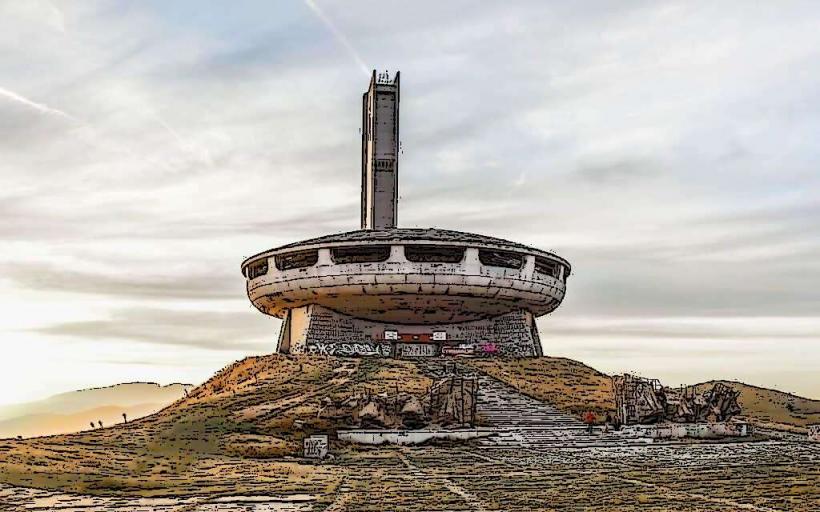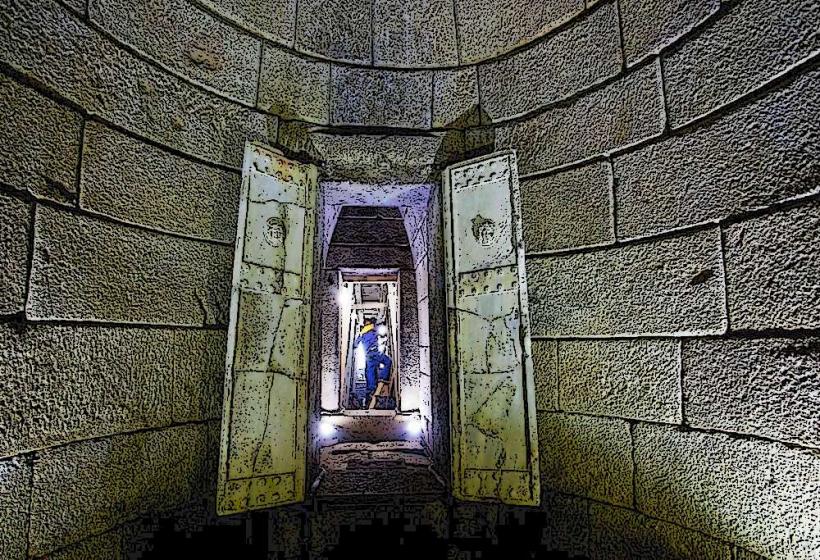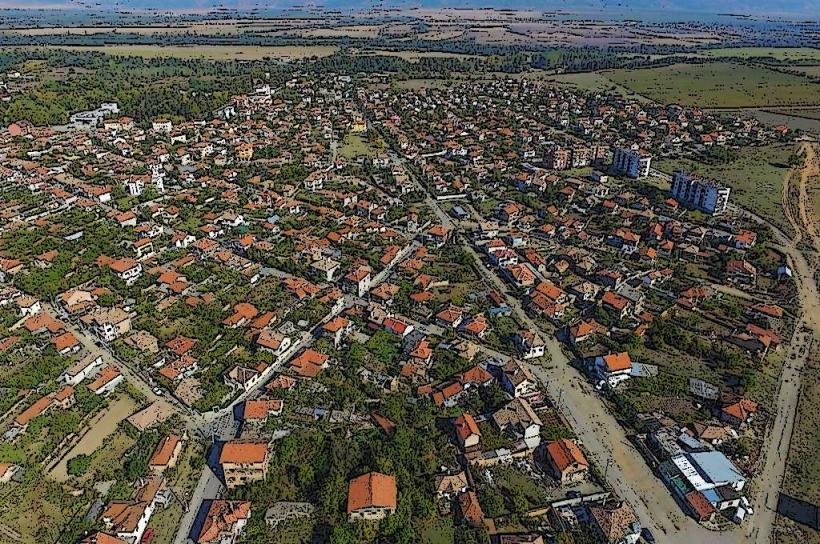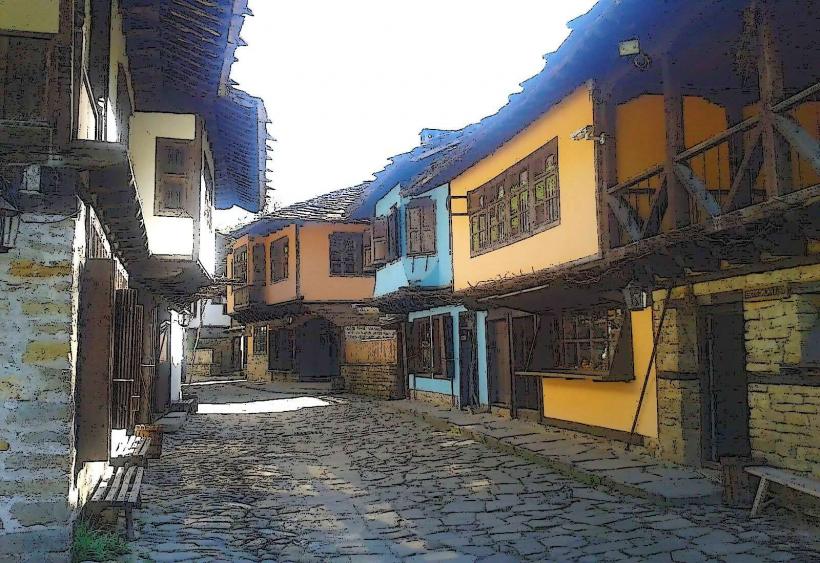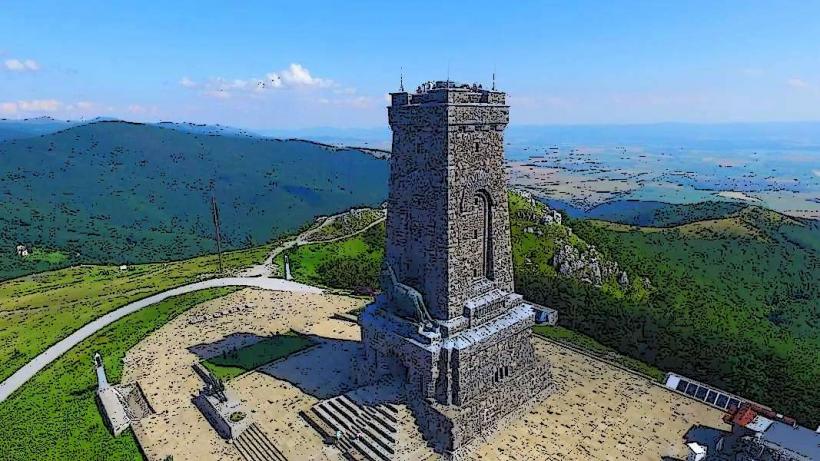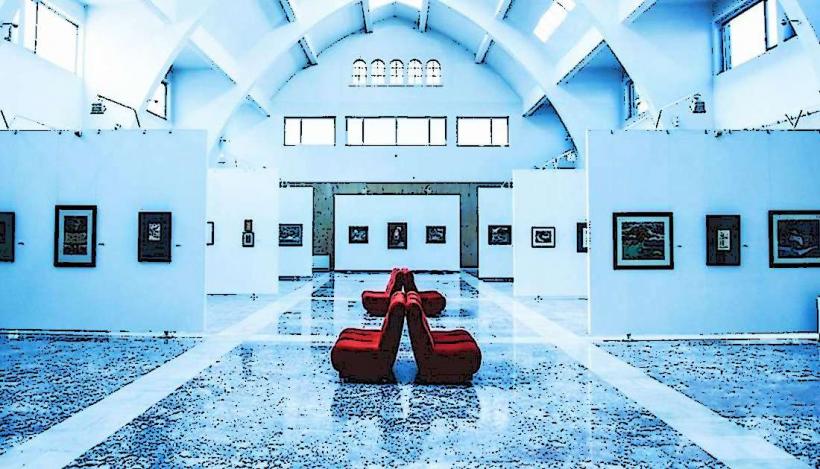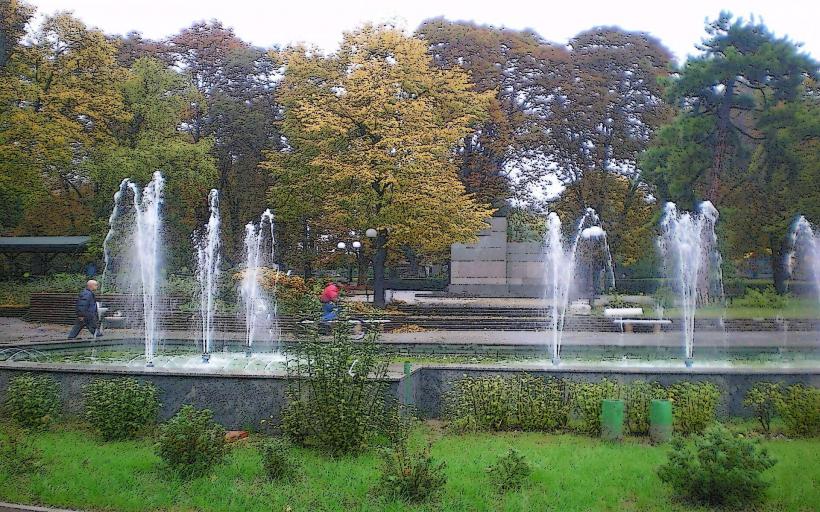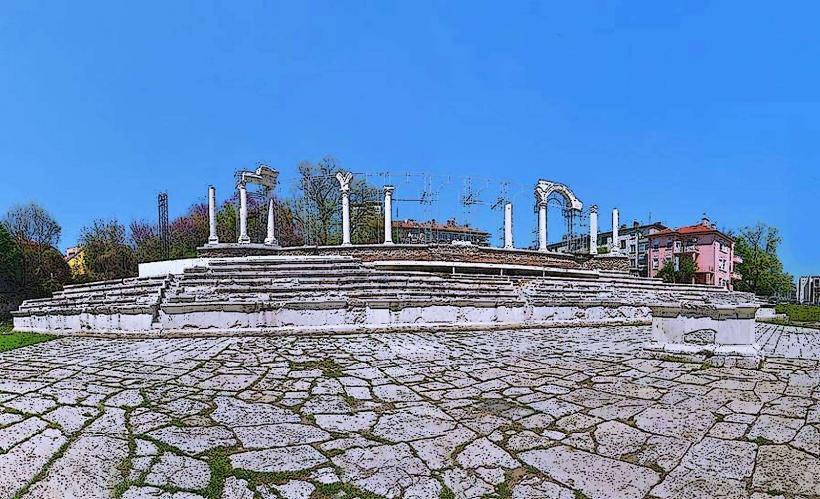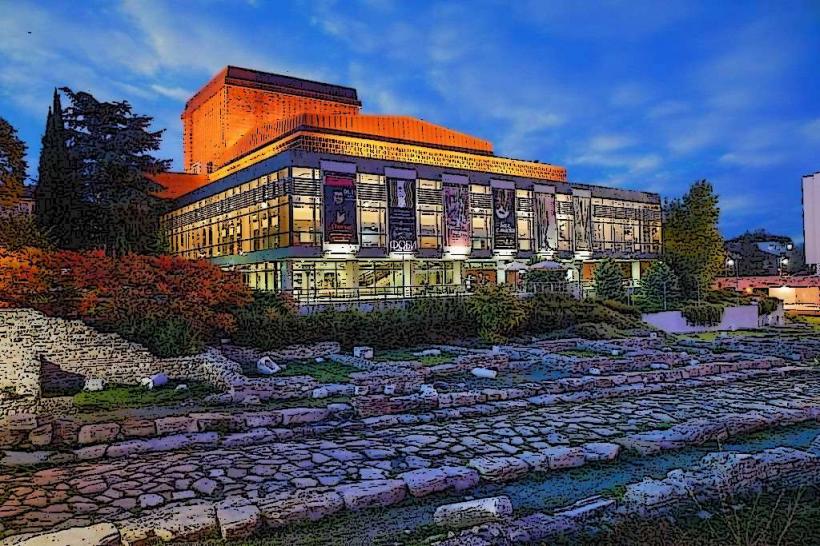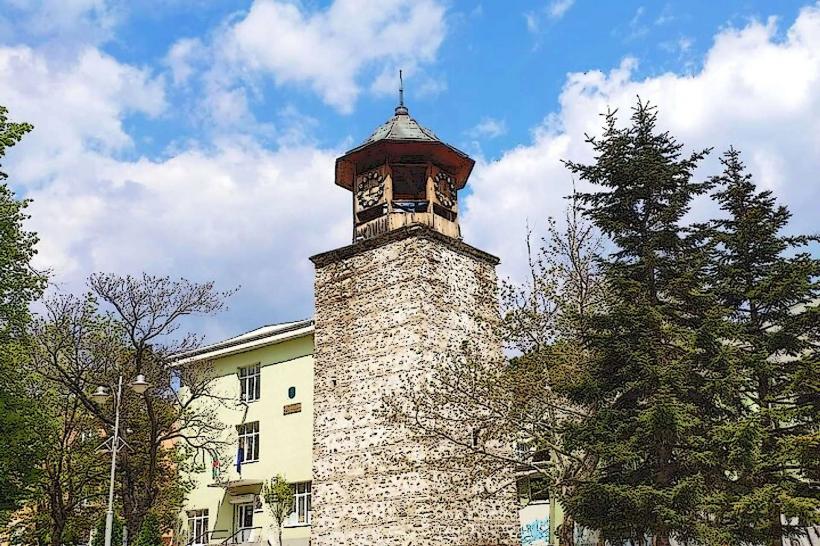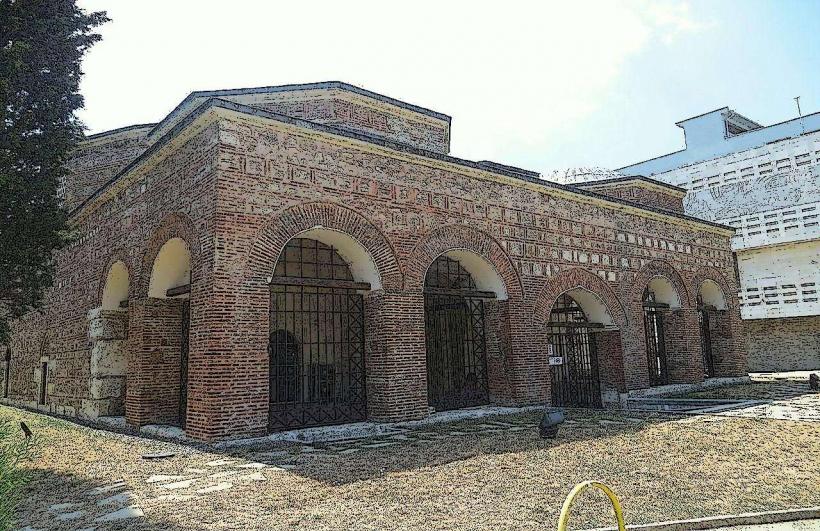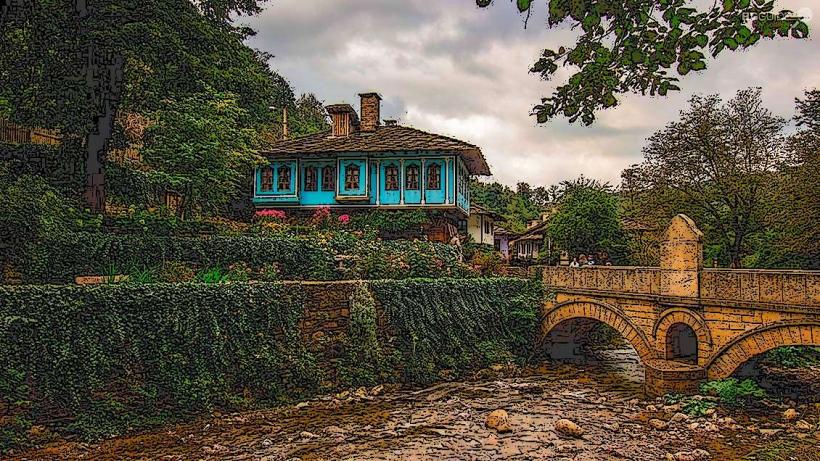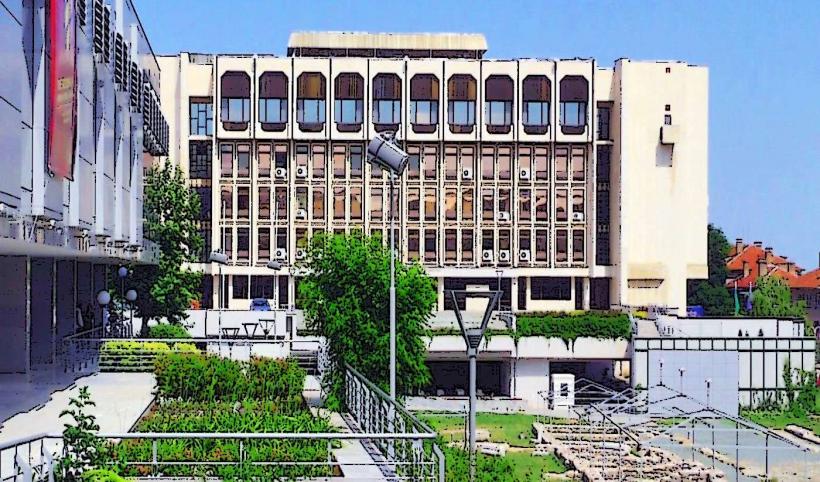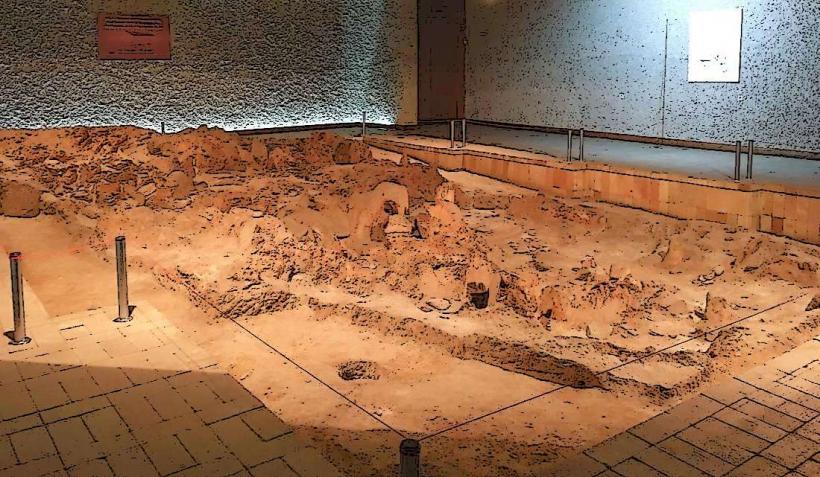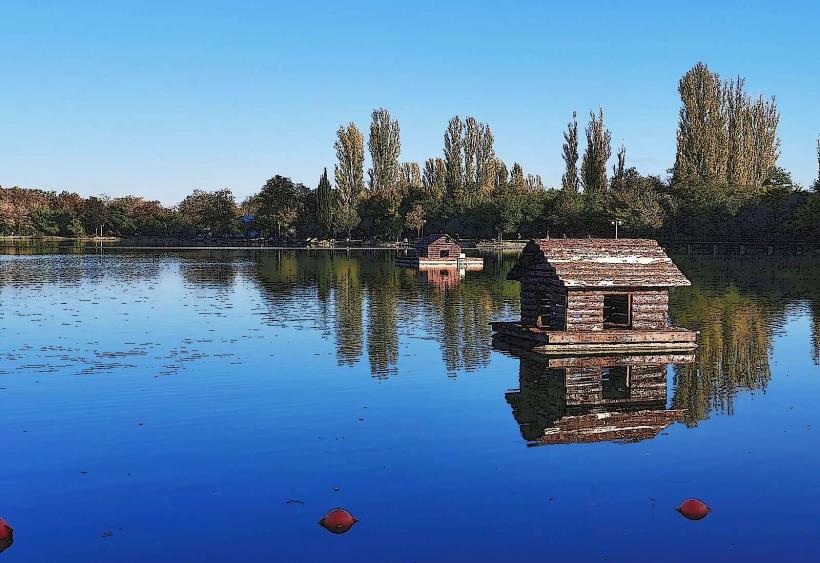Information
Landmark: Thracian Tomb of ShushmanetsCity: Stara Zagora
Country: Bulgaria
Continent: Europe
Thracian Tomb of Shushmanets, Stara Zagora, Bulgaria, Europe
The Thracian Tomb of Shushmanets is an impressive archaeological site located near the town of Kazanlak in central Bulgaria, within the famous Valley of the Thracian Kings. This tomb, dating back to the 4th century BCE, is a testament to the advanced architectural and cultural achievements of the ancient Thracians, a people renowned for their artistry, spirituality, and burial rituals.
Discovery and Historical Context
- Discovery: The tomb was discovered in 1996 during systematic archaeological excavations in the area, which is rich in Thracian burial mounds.
- Historical Era: It is believed to have been constructed during the Odrysian Kingdom, a prominent Thracian state that thrived between the 5th and 3rd centuries BCE.
- Purpose: The tomb served as a burial chamber for an elite Thracian ruler or aristocrat, reflecting the belief in an afterlife and the veneration of the deceased among the Thracians.
Architectural Features
The Thracian Tomb of Shushmanets is a remarkable example of Thracian burial architecture, blending ritual symbolism with advanced construction techniques. Key features include:
1. Layout and Structure
- The tomb consists of a long dromos (corridor) leading to a circular burial chamber.
- It is one of the few Thracian tombs with a monolithic central column, which supports the dome and has deep symbolic significance.
2. Central Column
- The column is intricately carved and symbolizes the connection between the earth (the mortal world) and the heavens (the divine realm).
- It represents cosmic harmony and is thought to have had a spiritual function in Thracian burial rituals.
3. Burial Chamber
- The chamber is circular, with a domed ceiling that conveys a sense of grandeur and eternity.
- The walls are finely plastered and may have originally been painted or decorated, though much of the decoration has not survived.
4. Doorway
- The tomb’s entrance is framed by a two-part stone door, signifying the passage between the world of the living and the dead.
5. Ritual Symbolism
- Architectural elements, such as the column and the circular layout, align with Thracian spiritual beliefs in the cycle of life and death and the eternal journey of the soul.
Cultural and Historical Significance
- Thracian Beliefs: The tomb reflects the Thracian practice of burying their elite with elaborate rituals and offerings, signifying their belief in immortality and the soul's journey to the afterlife.
- Hellenistic Influence: The architectural style shows a blend of Thracian traditions and Hellenistic influences, indicative of the region’s interaction with Greek culture during the period.
Artifacts and Finds
Although the tomb was looted in antiquity, some artifacts were recovered, including:
- Fragments of ceramic vessels and metal objects, likely used in burial rites.
- Traces of funerary gifts, such as jewelry or weapons, which were customary in Thracian burials.
These finds provide insight into the social status and wealth of the individual buried in the tomb.
Preservation and Tourism
Part of the Valley of the Thracian Kings:
- The Shushmanets tomb is one of many burial mounds in the Valley of the Thracian Kings, a UNESCO tentative site that includes the Thracian Tomb of Kazanlak (a World Heritage Site) and other significant tombs like Ostrusha and Seuthes III’s Tomb.
- Together, these tombs highlight the Thracians’ cultural legacy and mastery of monumental architecture.
Open to Visitors:
- The tomb is accessible to tourists and is part of guided tours of the Valley of the Thracian Kings.
- Visitors can explore its architectural features and learn about Thracian burial customs.
Conservation Efforts:
- The site is under ongoing preservation to protect it from environmental and human-induced damage, ensuring its longevity as a cultural landmark.
Nearby Attractions
- Thracian Tomb of Kazanlak: A UNESCO-recognized site famous for its vibrant frescoes.
- Buzludzha Monument: A nearby historical site offering panoramic views of the Balkan Mountains.
- Rose Valley: The area surrounding the tomb is also renowned for its rose oil production, a hallmark of Bulgarian culture.
The Thracian Tomb of Shushmanets offers a fascinating glimpse into the spiritual world and advanced craftsmanship of the ancient Thracians. As part of the broader Valley of the Thracian Kings, it underscores the region's historical and cultural richness, making it a must-visit for history enthusiasts and travelers alike.

